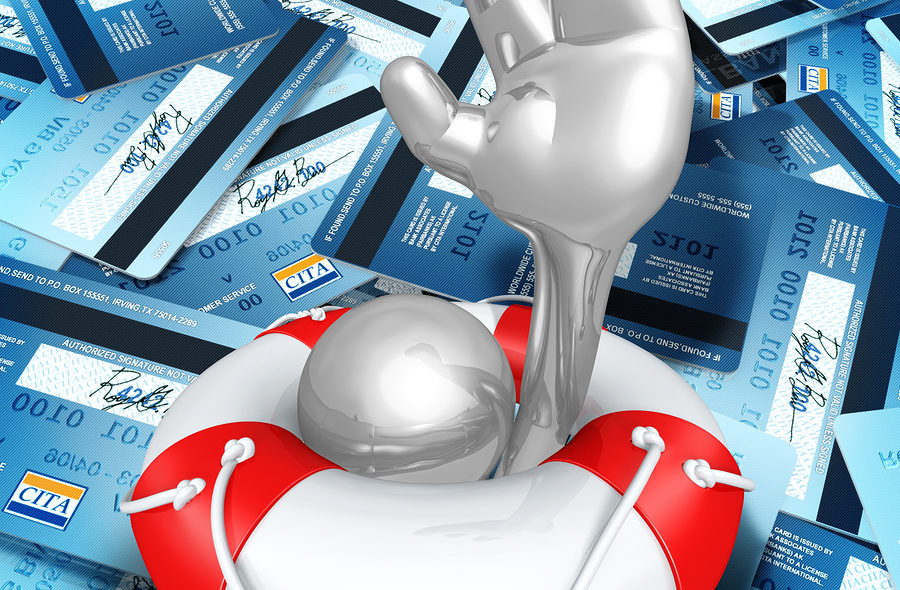A recent study conducted by NerdWallet showed that consumers are underreporting their credit card debt. In December 2013, lenders reported approximately $683 billion in outstanding credit card debt, according to the Federal Reserve Bank of New York. However, Americans only reported having $268 billion in credit card debt.
The $415 billion discrepancy in reported credit card debt was far greater than any other type of debt, including student loans and mortgage debt. The reasoning is likely due to the stigma surrounding credit card debt, according to NerdWallet.
According to the study, 70 percent of Americans think credit card debt has a more negative stigma attached to it than any other type of debt. Mortgage and student loan debt is often considered “good” debt and credit card debt is considered “bad” debt. As a result, consumers may be underreporting credit card debt because they are ashamed of the amount of credit card debt they have. The survey also found that 35 percent of Americans would be embarrassed to tell others they have credit card debt, significantly more than any other type of debt.
How to pay off your credit card debt
Credit cards typically have the highest interest rates among other types of debt, therefore it is important to pay them off as quickly as possible. The first thing you need to do is figure out exactly how much you owe. You can do this by logging into your credit card account’s website. While you are logged in, note the balance, interest rate, minimum payment and due date.
Once you have determined how much you owe with each credit card account, make the account with the highest interest rate your top priority. Pay any extra that you can each month on that account. Once it is paid off, move on to the account with the second highest interest rate, and continue paying off each account by the highest interest rates.
Click here to read more on this story.
If you have any questions on this topic or are in financial crisis and considering filing for bankruptcy, contact an experienced Miami bankruptcy attorney who can advise you of all of your options. As an experienced CPA as well as a proven bankruptcy lawyer, Timothy Kingcade knows how to help clients take full advantage of the bankruptcy laws to protect their assets and get successful results. Since 1996 Kingcade & Garcia, P.A. has been helping people from all walks of life build a better tomorrow. Our attorneys’ help thousands of people every year take advantage of their rights under bankruptcy protection to restart, rebuild and recover. The day you hire our firm, we will contact your creditors to stop the harassment. You can also find useful consumer information on the Kingcade & Garcia website at www.miamibankruptcy.com

